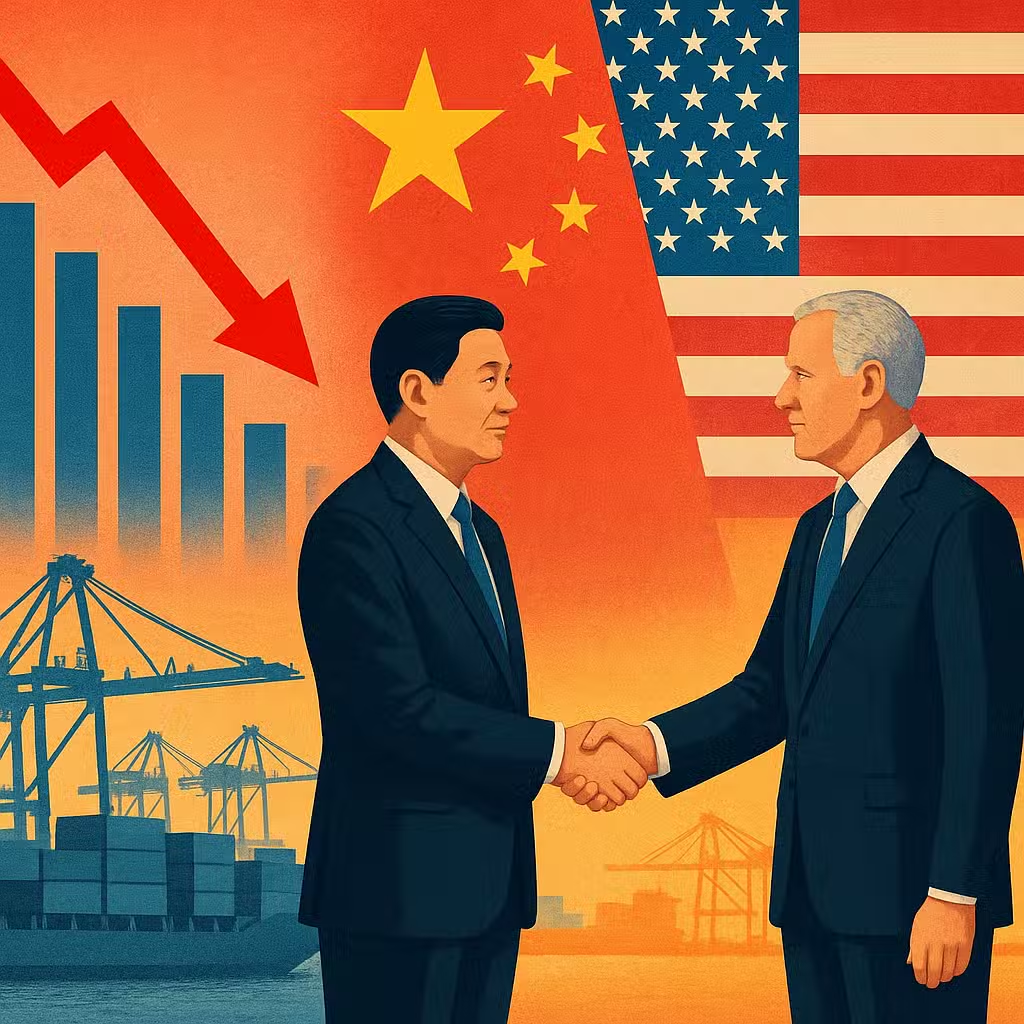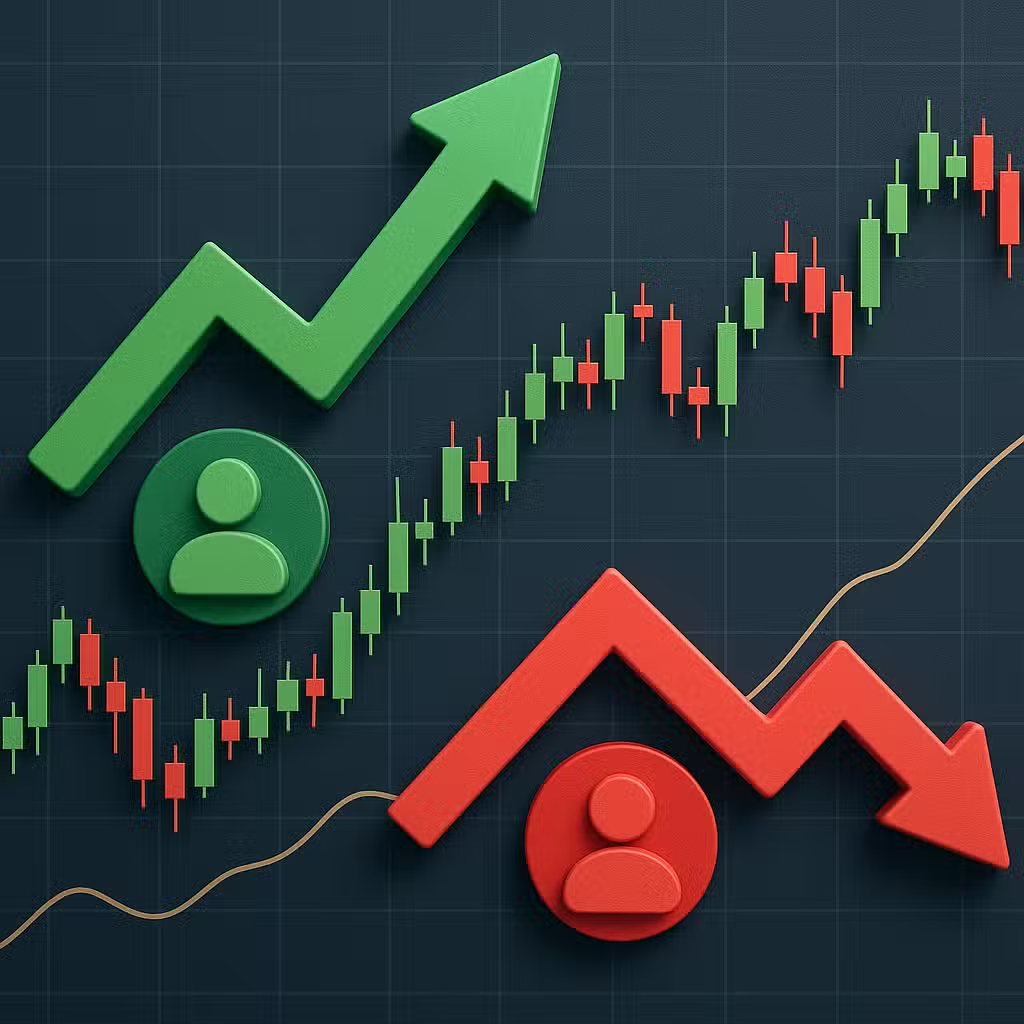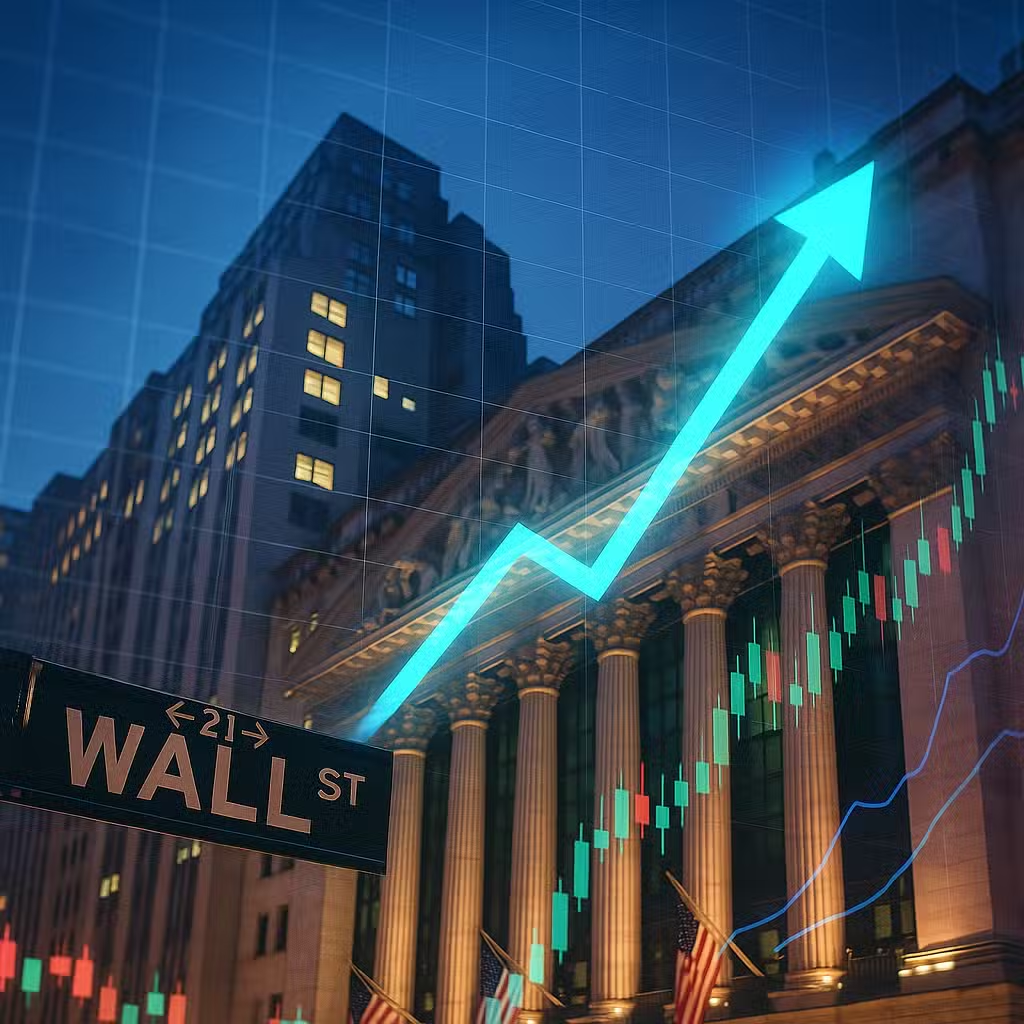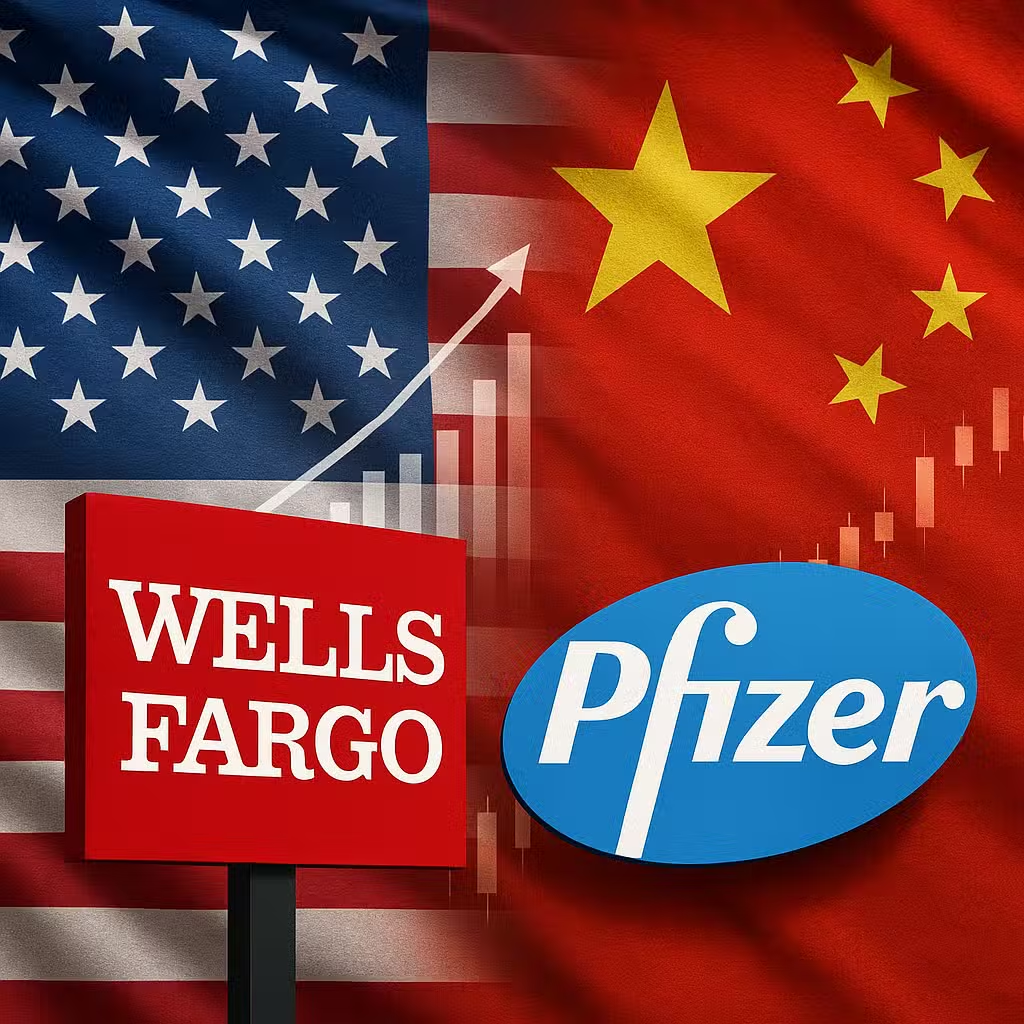China’s Slower Growth Puts Spotlight on Trade Talks and Policy Moves for Investors
Think of China’s economy like a giant ship facing rough seas. If the crew doesn’t work together or the weather gets worse, the ship slows down. Right now, China’s economy is hitting some choppy waters, and what happens next could affect investors everywhere.
Why Investors Should Care
When China’s economy struggles, it can send waves across the world’s stock markets. China is a major player in global trade, so changes there can impact everything from tech stocks to car companies in your portfolio. If China’s demand falls, companies that sell goods there might see smaller profits.
What’s Going Wrong in China?
- Weak Demand: People in China are buying less, which slows down business.
- Housing Trouble: The property market is still struggling, making it harder for families and builders.
- Floods and Weather: Bad weather, like heavy rain and flooding, has hurt construction and local businesses.
- Price Wars: The government is cracking down on companies fighting over prices, which can lead to less competition.
Goldman Sachs says China needs more support from its leaders to turn things around. If not, the slowdown could get worse.
Bullish Case: Reasons for Optimism
- Policy Support: China’s leaders are talking about new ways to help businesses and boost spending. For example, they’re working on making it easier for companies to sell products inside China, not just export them.
- Trade Talks: The U.S. and China are discussing ways to lower tariffs. If they agree, this could help factories and create more jobs. According to recent stats, Chinese stock indexes like the CSI 300 are up over 15% this year, showing some investors still believe in a rebound.
- International Cooperation: Recent meetings between world leaders suggest that deals could be made to keep trade flowing.
Bearish Case: Reasons for Caution
- Trade Tensions: Other countries, like Mexico and those in Europe, are raising tariffs on Chinese goods. This could hurt China’s exports even if the U.S. lowers its tariffs.
- Job Losses: If the economy stays weak, more people in China could lose jobs, making the slowdown even worse. A World Bank study shows that high unemployment in China can lead to lower spending and slower growth worldwide.
- Uncertainty in Policy: China’s leaders are still debating the best way forward. Without clear action, investors could get nervous.
- Housing Crisis: Ongoing problems in real estate could spill over into other parts of the economy, dragging down stocks even more.
What’s Being Done?
China’s government is trying to fix things by:
- Stopping companies from undercutting each other with super-low prices.
- Helping old-fashioned factories close so new ones can grow.
- Improving how they track and support the economy.
- Encouraging people to buy more at home instead of focusing only on exports.
Officials are also meeting soon to discuss more ways to get people spending again, which could help certain sectors like retail and services.
Stock Markets Stay Strong—For Now
Even with all these worries, China’s main stock markets have held up surprisingly well. In fact, the Shanghai Composite and CSI 300 have both climbed over 15% this year, and Hong Kong’s Hang Seng Index is up nearly 32%. But these gains could vanish if trade talks stall or if China’s leaders don’t act fast.
Investor Takeaway
- Keep an Eye on Trade Talks: Big changes in tariffs or trade deals can shake up whole sectors, especially tech and autos.
- Watch for Policy Moves: If China announces new ways to support businesses or boost spending, it could lift markets.
- Diversify Your Portfolio: Don’t put all your eggs in one basket—spread investments across different countries and industries to lower risk.
- Monitor Real Estate News: Trouble in China’s housing market could be a warning sign for global stocks.
- Stay Updated: Follow credible sources like the World Bank or Nasdaq for the latest stats and trends.
China’s economy is at a crossroads. Smart investors will keep watching for both risks and opportunities as the story unfolds.
For the full original report, see FX Empire







